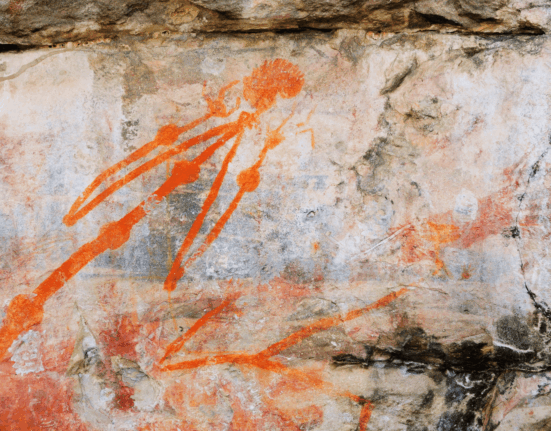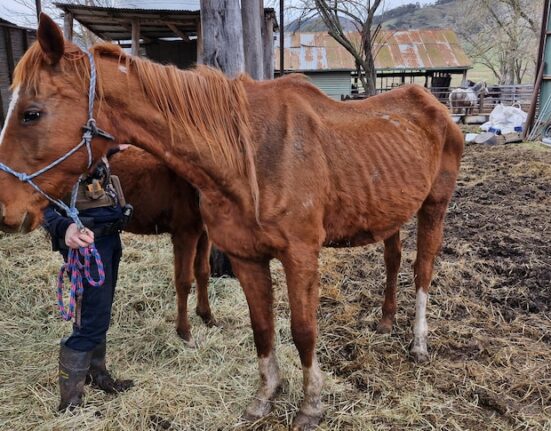In the heart of southern Zimbabwe lies the picturesque Save Valley Conservancy, a sanctuary that holds a delicate balance of nature within its borders. Here, amidst the sprawling landscapes and vibrant wildlife, a controversial decision has been made that has stirred emotions and sparked debates far and wide. Zimbabwe has recently issued permits to cull at least 50 elephants in this reserve, citing the pressing need to address an overpopulation crisis that threatens the ecosystem’s sustainability.
The Save Valley Conservancy, a haven for a myriad of species, has found itself grappling with a challenging dilemma. With approximately 2,550 elephants roaming its vast expanse, the reserve has far exceeded its “carrying capacity” of 800 elephants, as outlined by the Zimbabwe Parks and Wildlife Management Authority. In a bid to mitigate this imbalance, the conservancy has undertaken the arduous task of relocating 200 elephants to other reserves over the past five years. However, with the population still surpassing sustainable levels, the decision to cull a portion of the elephants has been met with both understanding and outcry.
“It’s a difficult decision that wildlife authorities have had to make, balancing conservation efforts with the well-being of the ecosystem as a whole,”
remarked Dr. Jane Mbeki, a renowned wildlife conservation expert.
“While culling is a controversial measure, in some cases, it may be a necessary evil to prevent irreversible damage to the environment and ensure the survival of other species in the ecosystem.”
The aftermath of the cull will see the harvested meat distributed to local communities, providing sustenance and addressing food security concerns in the region. Additionally, the ivory obtained from the culled elephants will be handed over to the parks authority, highlighting the multifaceted approach taken in managing the repercussions of the culling process.
Zimbabwe, known for its rich biodiversity and abundant wildlife, faces a complex challenge exacerbated by the impacts of climate change. The changing climate patterns have driven elephants to venture into human settlements in search of food and water, leading to heightened human-wildlife conflicts. As these majestic creatures encroach on inhabited areas, the delicate balance between conservation and human livelihoods is put to the test, prompting difficult decisions such as culling to be made.
“The issue of culling elephants underscores the intricate interplay between environmental conservation, human needs, and wildlife management,”
noted Professor David Moyo, a leading environmental researcher.
“It serves as a stark reminder of the complex issues countries like Zimbabwe face in preserving their natural heritage while addressing the pressing challenges brought about by a changing climate and growing human populations.”
This recent authorization for a cull echoes a similar decision made last year, marking the first instance of culling since 1988. The move to cull around 200 elephants in 2024 was driven by the urgent need to alleviate the impact of a severe regional drought, with the meat from the cull being distributed to communities affected by the crisis. This approach, while contentious, underscores the intricate balance that wildlife authorities must strike in managing both conservation efforts and humanitarian needs.
As Zimbabwe grapples with the complexities of wildlife management and environmental conservation, the global community watches closely, recognizing the broader implications of such decisions. The debate surrounding elephant culling raises critical questions about sustainable wildlife management, ethical considerations in conservation practices, and the evolving dynamics of human-wildlife coexistence in a changing world.
In conclusion, the story of Zimbabwe’s decision to cull elephants in the Save Valley Conservancy serves as a poignant reminder of the intricate challenges faced in balancing conservation with human needs. As countries navigate the delicate dance between preserving their natural heritage and addressing pressing environmental and social issues, the discourse on wildlife management and conservation ethics continues to evolve. The fate of the elephants in Zimbabwe is not just a local issue but a global conversation on the intersection of biodiversity conservation, climate change, and sustainable development.









Leave feedback about this